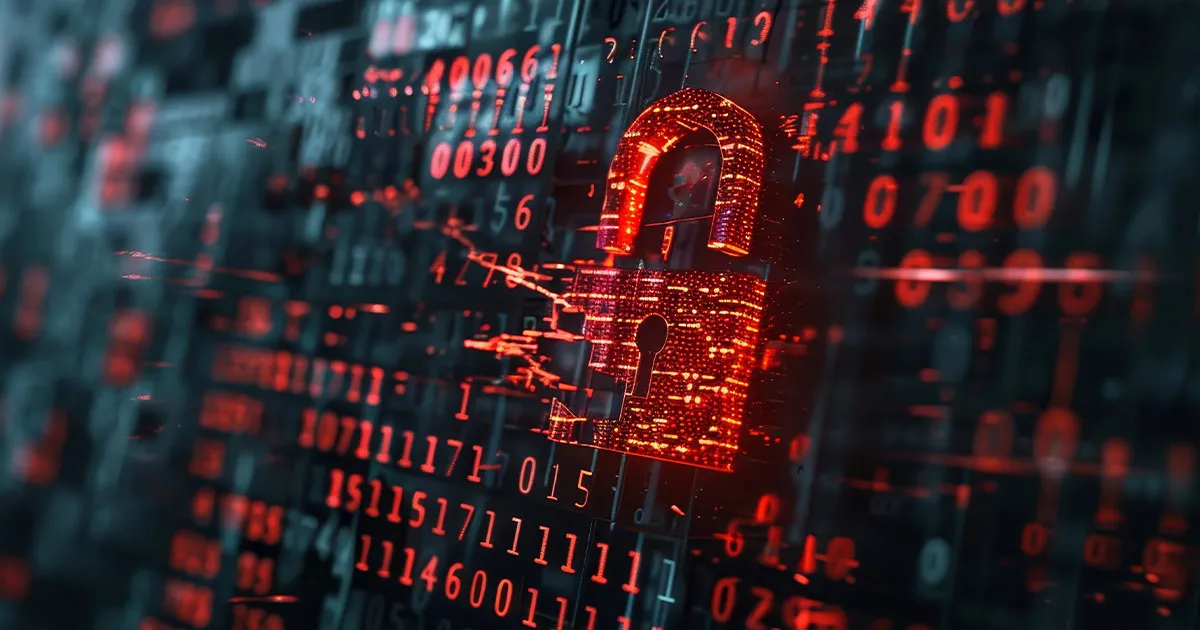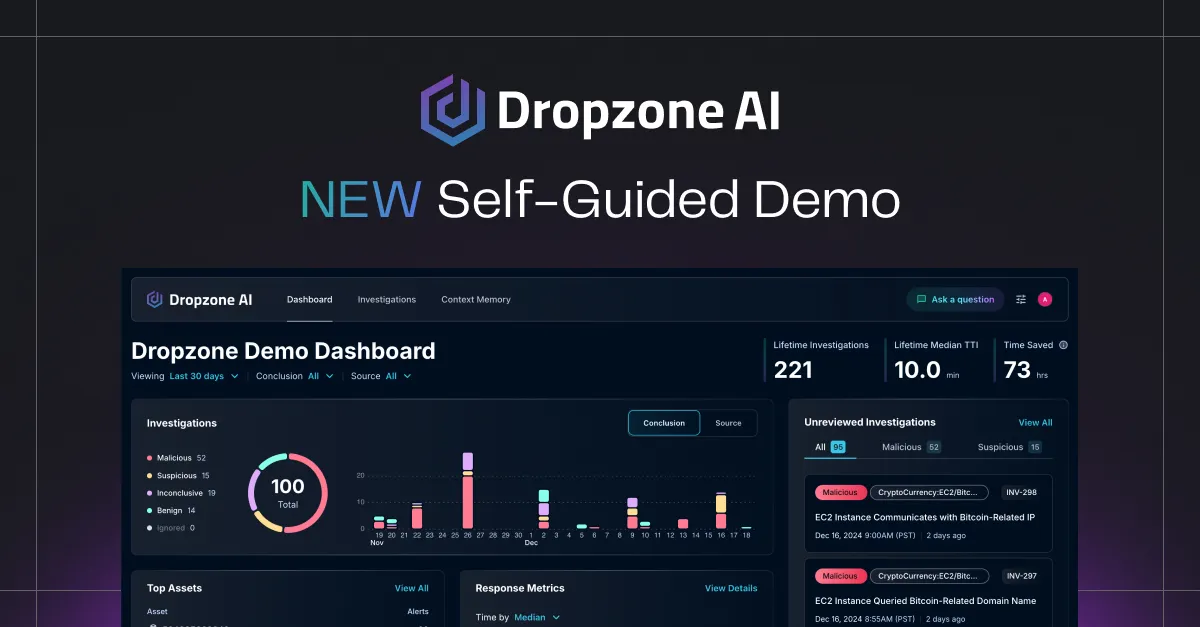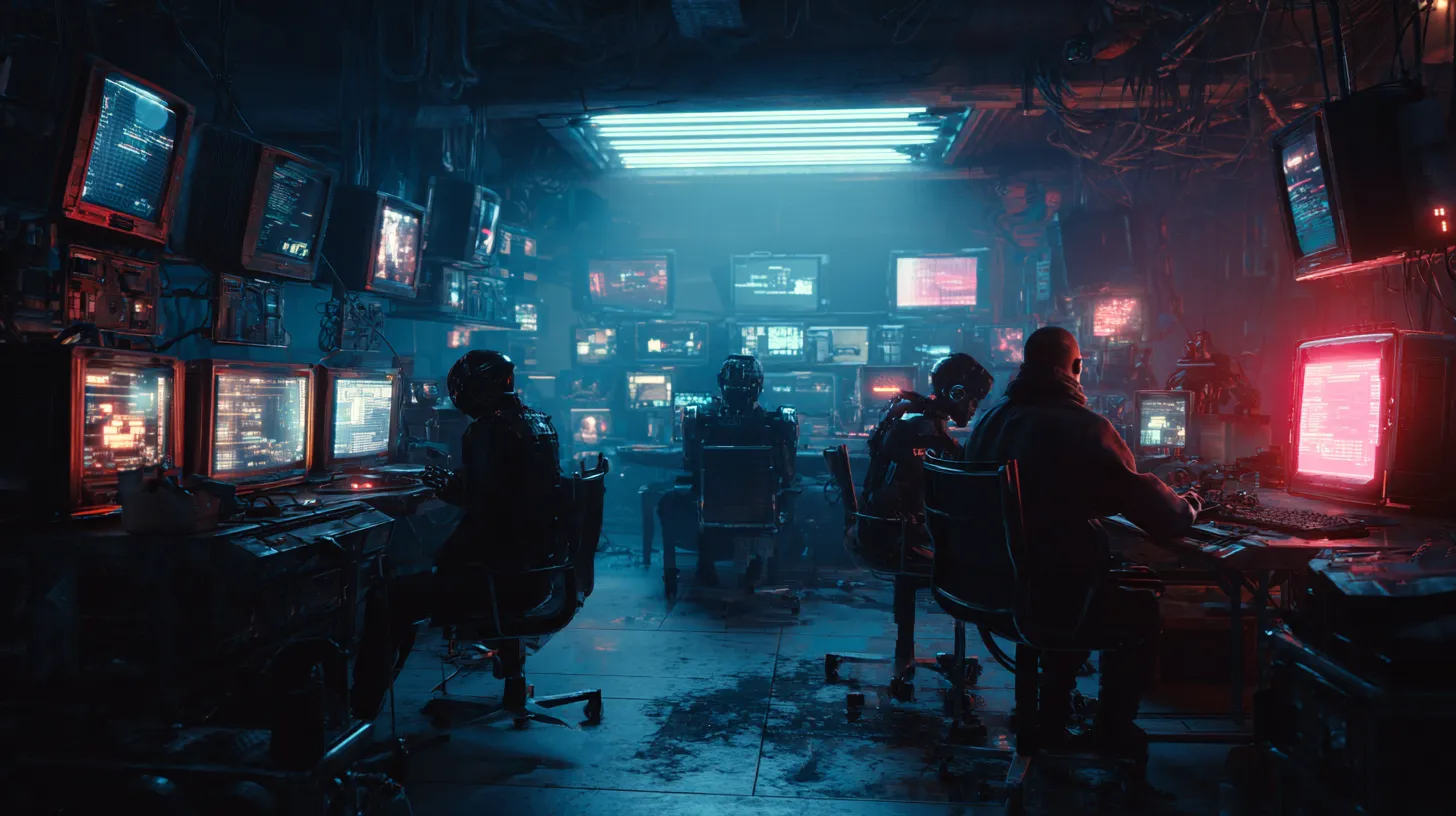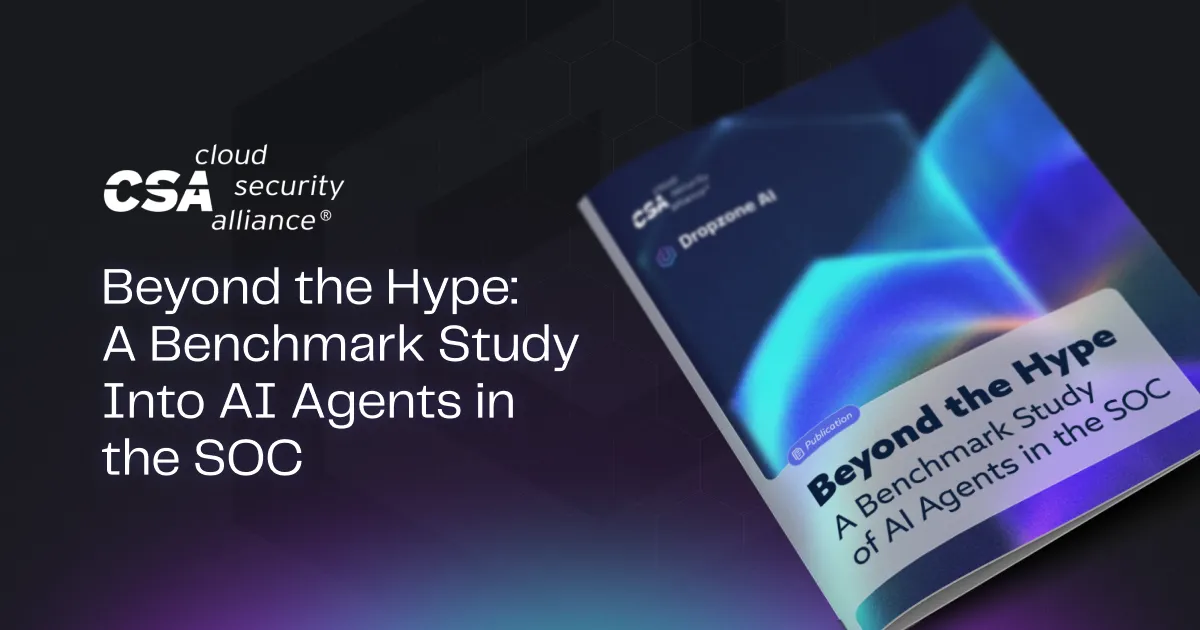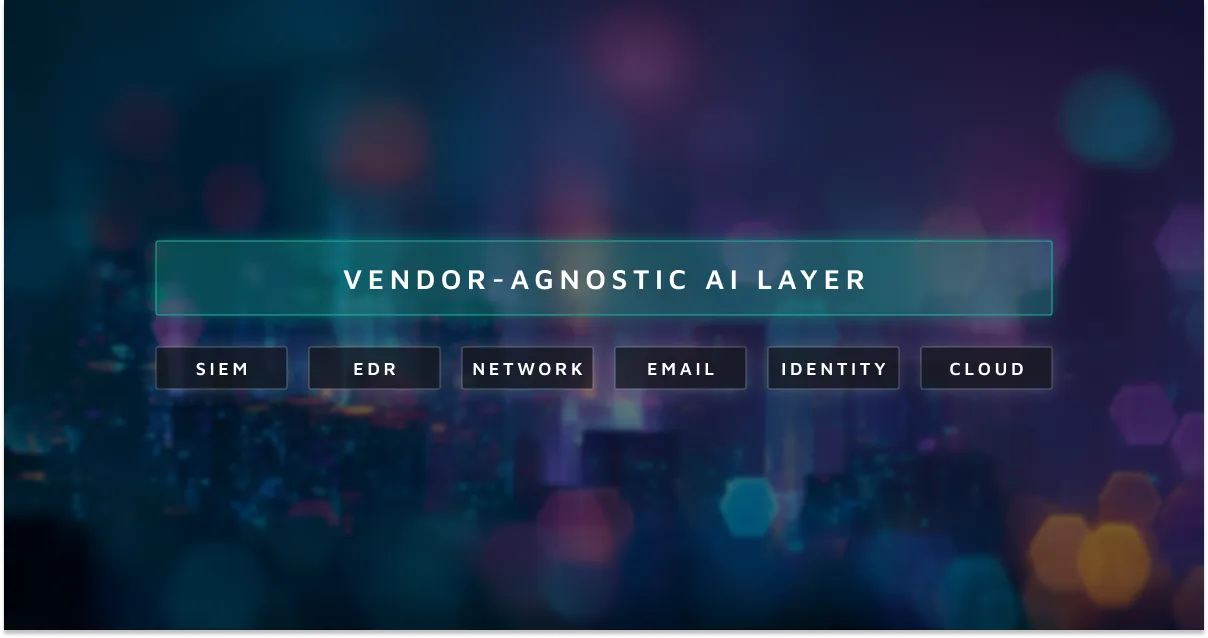The Limitations of SOAR and the Rise of AI in Security Operations
Alert overload continues to overwhelm Security Operations Centers (SOCs), with analysts facing thousands of daily notifications. While SOAR (Security Orchestration, Automation, and Response) promised to solve this crisis, it has fallen short of expectations. AI SOC analysts now offer a more effective alternative that addresses SOAR's fundamental limitations without requiring complex playbooks or specialized coding skills.
Key takeaways:
- SOAR has reached obsolescence according to Gartner's 2024 ITSM Hype Cycle
- AI SOC analysts require no playbooks or coding, unlike traditional SOAR
- Organizations using AI-powered alert investigation report significant time savings
- Dropzone AI offers seamless integration with existing security tools and autonomous triage capabilities
Why SOAR Has Failed to Deliver on Its Promise
Security teams initially embraced SOAR technology for its automation potential, but implementation realities quickly revealed critical shortcomings that limited its effectiveness in modern security environments.
Implementation Challenges and Hidden Costs
SOAR platforms demand significant financial investment for both initial implementation and ongoing maintenance. Despite substantial expenditure, many organizations discover the expected return on investment falls short of projections. The promised automation frequently transforms into additional work due to:
- Complex workflow requirements
- Manual playbook creation and maintenance
- Constant tuning and adaptation needs
- Extensive integration configuration
Specialized Skills Requirement Creating Bottlenecks
Effective SOAR implementation depends entirely on custom-built playbooks that require specialized expertise to create and maintain. This dependency creates operational bottlenecks since:
- Security automation engineers are in short supply
- Playbook creation requires deep operational knowledge
- Updates must be performed manually as threats evolve
- Knowledge transfer becomes challenging when staff changes
Integration Limitations in Real-World Environments
SOAR's greatest practical limitation is its difficulty integrating smoothly with existing security infrastructure. Organizations face:
- Lengthy deployment periods
- Custom connector requirements
- Extensive manual configuration
- Poor adaptability to environmental changes
AI SOC Analysts: The Next Evolution in Security Automation
AI SOC analysts represent a fundamental shift in approach to security operations automation. These intelligent systems autonomously investigate alerts without requiring predefined playbooks or complex coding — a radical departure from SOAR's restrictive framework.
How AI SOC Analysts Work Without Playbooks
Unlike SOAR platforms that depend on rigid, predefined responses, AI SOC analysts:
- Autonomously determine investigation steps based on alert context
- Adapt investigation techniques to each unique situation
- Continuously learn from historical alert patterns
- Produce comprehensive reports with minimal human guidance
Scalability Without Additional Resources
AI SOC analysts deliver true operational scalability by enabling security teams to handle increasing alert volumes without the need for headcount growth. This efficiency allows SOC teams to:
- Redirect analyst time to high-value strategic activities
- Improve incident response planning and execution
- Reduce operational expenses through automation
- Eliminate the need for constant playbook management
Continuous Improvement Through Recursive Reasoning
Unlike static SOAR systems, AI SOC analysts continuously refine their capabilities through:
- Learning from historical alert data
- Incorporating real-time feedback
- Identifying emerging threat patterns
- Adapting to organization-specific security environments
Real-World Impact: AI SOC Analysts in Action
A digital insurance provider experiencing critical alert management challenges implemented AI SOC analysts after struggling with traditional SOAR limitations. Their security team faced:
- Overwhelming alert volumes exceeding human capacity
- Increasing analyst burnout and diminishing morale
- Missed security incidents due to alert fatigue
- Insufficient resources for comprehensive investigation
Transformation Through AI-Powered Triage
After integrating AI SOC analysts with their existing security stack, the organization experienced immediate improvements:
- Autonomous alert processing: The AI system began investigating alerts within hours of deployment
- Seamless integration: Connected smoothly with AWS and Google Workspace security tools
- Comprehensive investigations: Every alert received thorough analysis regardless of volume
Measurable Outcomes
The implementation yielded quantifiable benefits across multiple dimensions:
- Significant reduction in Mean Time to Conclusion (MTTC): Investigations completed in minutes instead of hours
- 100% alert coverage: Every alert received thoroughly investigated, eliminating previous backlogs
- Enhanced analyst satisfaction: SOC team reported reduced burnout and improved job satisfaction
- Improved security posture: Faster threat identification and reduced dwell time for actual incidents
For more real-world examples, check our customer case studies.
Gartner's Verdict: SOAR Has Reached Obsolescence
According to the 2024 Gartner Hype Cycle for ITSM, SOAR technology is now in the "Trough of Disillusionment" and projected to become obsolete before reaching productive maturity. This assessment reflects growing industry recognition that SOAR's fundamental approach cannot meet contemporary security demands.
Key factors driving SOAR's obsolescence include:
- Lack of agility in responding to evolving threats
- Prohibitive costs relative to delivered value
- Incompatibility with modern security architectures
- Unsustainable operational overhead
As a Gartner Cool Vendor for the Modern SOC, Dropzone AI is at the forefront of addressing these challenges.
Dropzone AI: Beyond SOAR Limitations
Dropzone AI's AI SOC analysts directly address the challenges that SOAR failed to solve through:
- Rapid deployment: Integrates with your existing security tools in under 30 minutes
- Zero-configuration start: Begins autonomous investigations immediately without playbook creation
- Self-adaptation: Learns your environment within hours of implementation
- Decision-ready reporting: Delivers comprehensive investigation reports in minutes, not hours
Key Advantages for SOC Teams
Dropzone AI provides security teams with advantages impossible to achieve through SOAR implementations:
- No specialized coding skills required: Security analysts can leverage AI capabilities without programming expertise
- Elimination of alert fatigue: AI handles routine investigations, preventing analyst burnout
- Complete alert coverage: Every alert receives thorough analysis, eliminating security gaps
- Dynamic adaptation: System continuously improves as it processes your organization's alerts
Looking Beyond SOAR: The Future of Security Operations
The limitations of traditional SOAR and SIEM systems have become increasingly apparent as threat landscapes evolve. Forward-thinking security leaders are embracing AI-powered alternatives that provide:
- More efficient alert triage and investigation
- Better adaptation to emerging threats
- Reduced operational overhead
- Improved analyst productivity and satisfaction
Take Your Security Operations Beyond SOAR Limitations
Traditional SOAR solutions have failed to deliver on their promises, creating more operational overhead than efficiency. AI SOC analysts represent the next evolution in security automation, providing true autonomous investigation without the limitations of playbooks and coding requirements.
Want to learn more? Download our free guide to evaluating AI SOC analysts for your organization.
Schedule a demo today and discover how AI-driven alert triage can transform your SOC operations.
